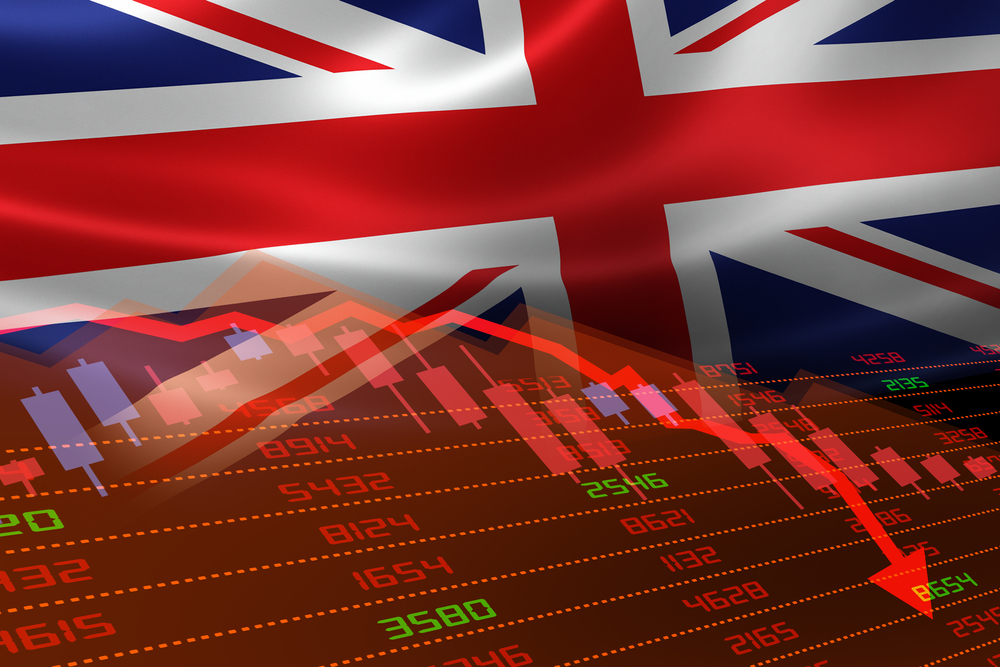Economy
UK inflation set to fall below 3% next year

Inflation in the UK is set to decline to 2.9% in 2024, while GDP growth is projected at 0.8%, latest forecasts from a global policy forum reveal.
Headline inflation is declining, but core inflation remains persistent in many economies, “held up by cost pressures and high margins in some sectors”, according to the OECD.
As part of its latest economic outlook, inflation is projected to fall gradually over 2023 and 2024, but will remain above central bank objectives in most economies.
Headline inflation in the G20 economies is projected to ease to 6% in 2023 and 4.8% in 2024, with core inflation in the G20 advanced economies declining from 4.3% this year to 2.8% in 2024.
For the UK, the 9.1% headline inflation in 2022 is expected to decline to an average 7.2% in 2023 – 0.3 percentage points higher than estimated in June (6.9%). Of the G20 nations, excluding Turkey and Argentina, the UK is set to have the highest rate of inflation in 2023.
But its interim projections for 2024 suggest inflation will fall back to 2.9%. However, the OECD noted core inflation – excludes volatile food, energy, alcohol and tobacco prices – will stand at 6.3% in 2023, falling back to 3.8% next year.
GDP growth
Turning to global GDP growth, the OECD projects this to remain “sub-par” in 2023 and 2024, at 3% and 2.7% respectively, “held back by the macroeconomic policy tightening needed to rein in inflation”.
It suggests UK GDP growth will come in at 0.3% in 2023 and 0.8% in 2024.
The outlook read: “A key factor shaping global growth is the rise in interest rates in most major economies since early 2022. Financial conditions have become more restrictive, borrowing rates for firms and households have risen, credit conditions have tightened, and asset price growth has moderated or turned negative. Forward-looking real interest rates have now become positive in most economies, with Japan an exception, encouraging saving and making investment more expensive.
“House prices have fallen substantially from their peaks in some G20 countries, including Korea, Germany and the United Kingdom. At the same time, most countries have seen a sharp reduction in the volume of transactions and lending for house purchases, which may presage further weakness in housing markets. In the United States, the euro area and the United Kingdom, these declines are comparable in percentage terms to those seen at the time of the global financial crisis.”
UK inflation in the year to July came in at 6.8% with the next reading (year to August) to be published tomorrow.
The Bank of England is also poised to raise the base rate from 5.25% to 5.5% at its next meeting to be held on Thursday 21 September.